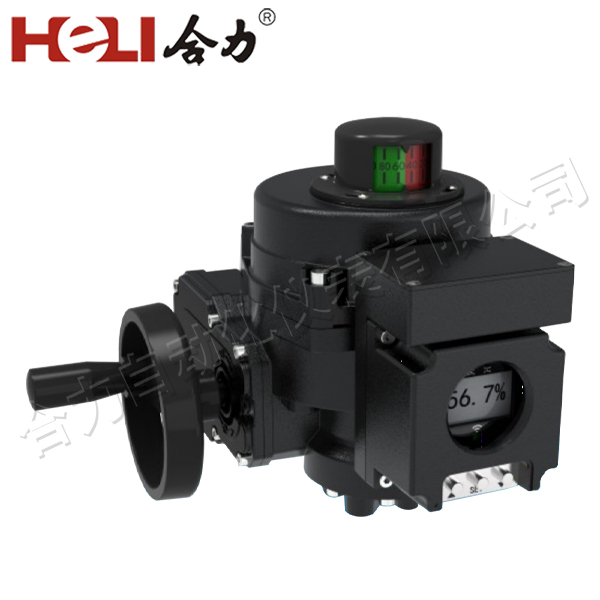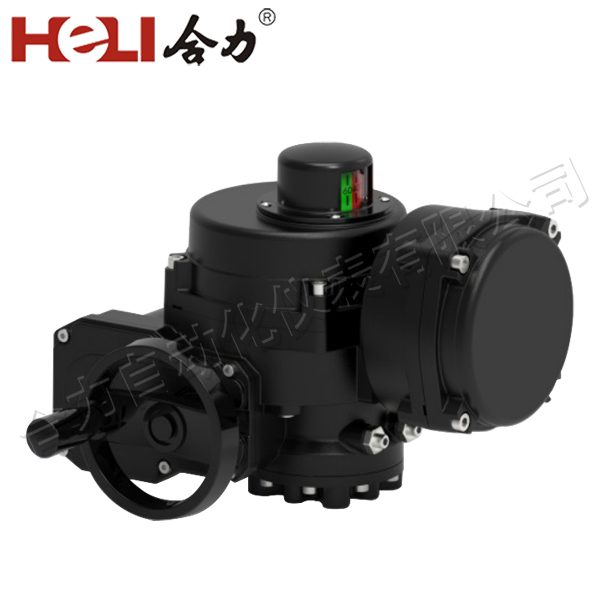
Lithium battery electric actuators represent a significant advancement in the field of automation and mechanical control systems. By combining the benefits of electric actuators with the high energy density of lithium-ion batteries, these actuators offer a powerful, efficient, and environmentally friendly solution for a wide range of applications. This article explores the design, benefits, and applications of lithium battery electric actuators, highlighting why they are becoming an increasingly popular choice in industries such as robotics, aerospace, and medical devices.

What is a Lithium Battery Electric Actuator?
A lithium battery electric actuator is a device that uses electrical power from a lithium-ion battery to generate mechanical movement or force. The actuator typically consists of a motor or a linear device, such as a piston, which is powered by a lithium-ion battery. These actuators convert electrical energy into mechanical energy, allowing for precise control over movement in various systems. Whether the movement is rotational or linear, the actuator responds to electrical input to perform specific tasks, such as opening or closing a valve, moving a robotic arm, or adjusting a control surface in aerospace systems.
